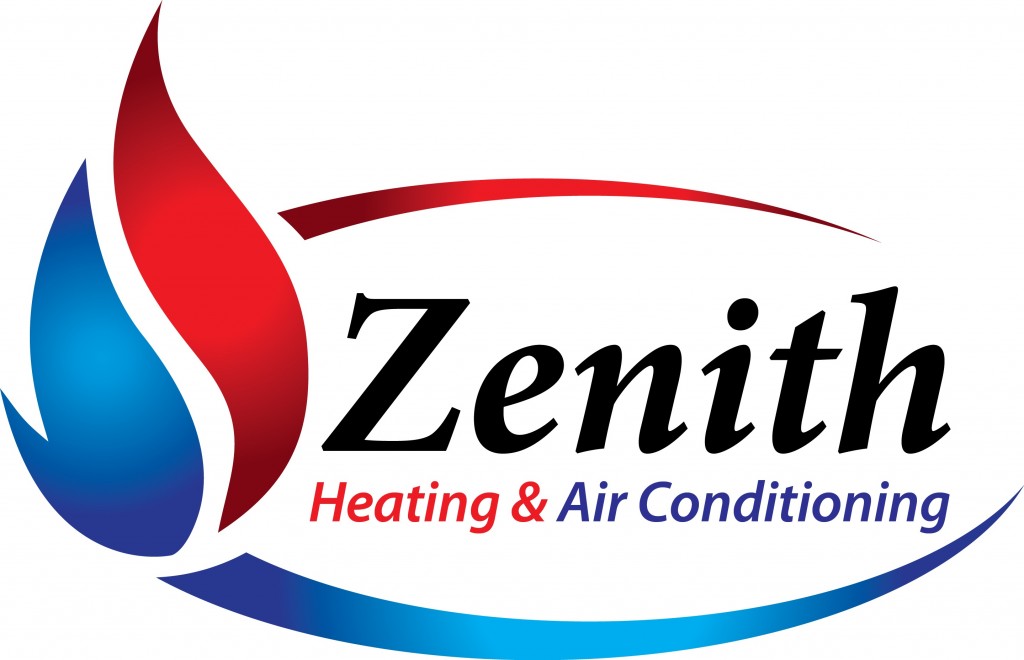Comparing Heat Pumps with Traditional HVAC Systems
When evaluating heating and cooling options for your home or building, it’s essential to compare heat pumps with traditional HVAC systems to determine which solution best meets your needs. Let’s explore the key differences between the two:
1. Efficiency and Energy Consumption:
- Heat Pumps: Heat pumps are more energy-efficient because they move heat rather than generate it. They can achieve high efficiency by utilizing the heat transfer process. This can result in lower energy bills and reduced environmental impact.
- Traditional HVAC Systems: Traditional systems, such as furnaces and air conditioners, rely on combustion (for heating) or electrical resistance (for cooling). These processes are less efficient than heat transfer, leading to higher energy consumption and operating costs.
2. Comfort and Consistency:
- Heat Pumps: Heat pumps provide consistent heating and cooling by maintaining stable indoor temperatures. They avoid the abrupt temperature changes associated with on/off cycling in traditional systems.
- Traditional HVAC Systems: Traditional systems may have temperature fluctuations due to the cycling of the heating or cooling source. This can result in less uniform comfort.
3. Heating and Cooling Capability:
- Heat Pumps: Heat pumps offer both heating and cooling functions within a single system. They can extract heat from the outside air even in cold weather to provide heating.
- Traditional HVAC Systems: Traditional systems often require separate equipment for heating and cooling, leading to more complex installations and maintenance.
4. Environmental Impact:
- Heat Pumps: Heat pumps are environmentally friendly due to their reduced energy consumption and lower emissions compared to traditional systems that burn fossil fuels.
- Traditional HVAC Systems: Traditional systems that use oil, gas, or other fossil fuels emit pollutants and contribute to air quality issues and climate change.
5. Initial Costs:
- Heat Pumps: Heat pumps may have higher upfront installation costs, especially for ground-source systems, due to the need for specialized equipment and installation procedures.
- Traditional HVAC Systems: Traditional systems may have lower upfront costs, but over time, their higher energy consumption can lead to higher operational costs.
6. Long-Term Savings:
- Heat Pumps: While initial costs may be higher, heat pumps can lead to significant long-term savings due to their energy efficiency and reduced operating expenses.
- Traditional HVAC Systems: Lower initial costs may be offset by higher energy bills, resulting in potentially higher long-term costs.
7. Space and Flexibility:
- Heat Pumps: Heat pumps, especially ductless mini-split systems, offer greater flexibility in terms of installation locations and zoning. This can be advantageous for retrofitting or adding cooling/heating to specific areas.
- Traditional HVAC Systems: Traditional systems often require extensive ductwork, which can limit installation options and result in energy losses due to duct leaks.
8. Maintenance and Lifespan:
- Heat Pumps: Proper maintenance can extend the lifespan of heat pumps. Regular check-ups, filter changes, and professional inspections are essential.
- Traditional HVAC Systems: Maintenance requirements vary, but both heat pumps and traditional systems benefit from regular maintenance to ensure efficient operation and longevity.
In conclusion, heat pumps offer numerous advantages over traditional HVAC systems in terms of energy efficiency, environmental impact, comfort, and long-term savings. While there may be higher upfront costs, the benefits in terms of reduced energy consumption and greater sustainability often make heat pumps a compelling choice for both residential and commercial applications.
